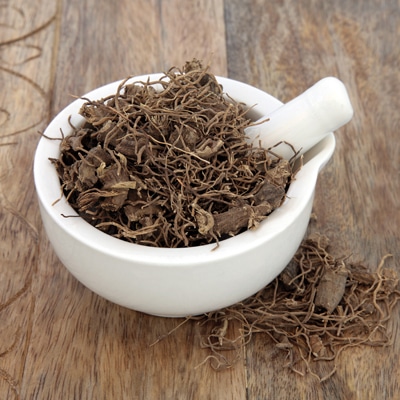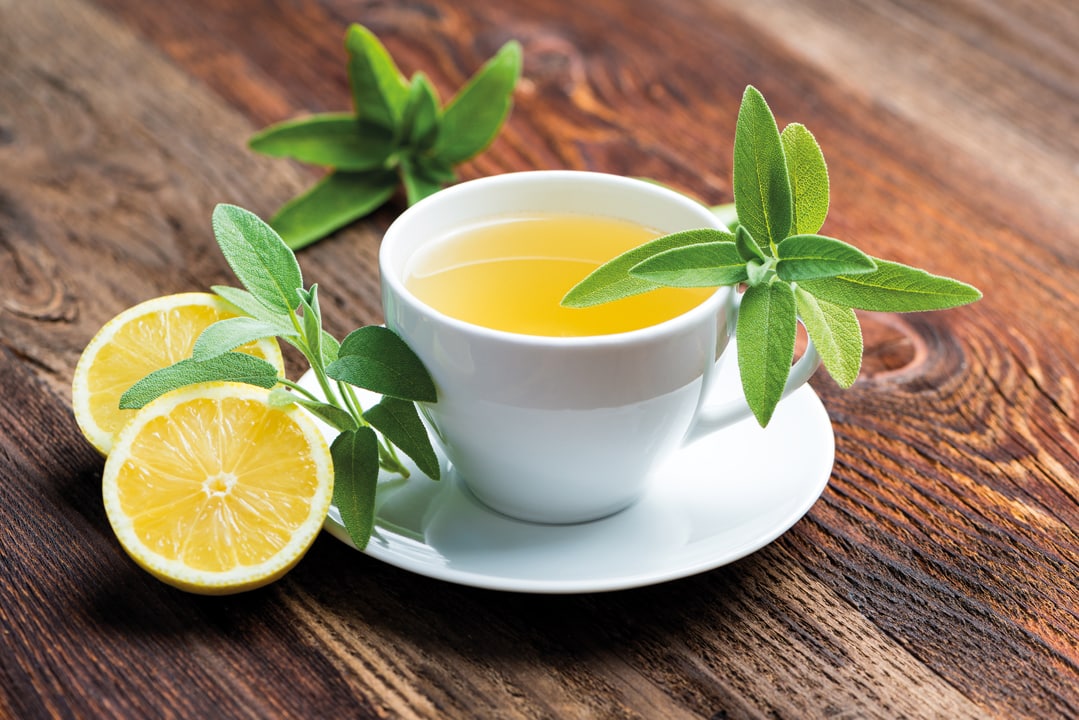
The natural approach to menopause
Natural health alternatives for those navigating the menopause. By Michelle Sanchez
Menopause is a natural life process and part of ageing where a woman’s menstrual cycle ceases and she transitions out of her reproduction years.
It can be a challenging and confusing time for many women as their bodies change and they are confronted with uncomfortable symptoms such as hot flushes and mood swings.
There is a common misconception that women need to suffer with awful menopausal symptoms for years and that their body will never be the same. This is not the case.
Natural therapies such as homeopathy, herbal medicine and acupuncture can be used to get the body back into balance so you can move through menopause symptom-free.
When does menopause start?
Menopause is a natural part of ageing that affects each woman differently; from the symptoms they experience to the age in which it occurs. Generally speaking, women experience menopause between the ages of 45 and 55 years old.
This is the time when her oestrogen levels decline, the ovaries stop releasing eggs and menses gradually cease. For some women menopause can start early, sometimes before the age of 40; for others it can be much later, after age 55.
There are three stages of menopause:
Perimenopause is the time when a woman’s body will naturally transition to menopause, usually occurring around mid40s; however, some women start noticing changes to their cycle and body as early as their mid-30s. During perimenopause, women’s hormone levels fluctuate (oestrogen significantly drops) and their cycles can become erratic and irregular (usually becoming shorter or longer). They may even stop ovulating, despite still having periods.
Some women also experience symptoms such as vaginal dryness, hot flushes, heavy periods/flooding, reduced sex drive and sleep disturbances.
The perimenopause stage can last between four to 10 years before menopause occurs.
Menopause is the time when a woman no longer has periods, and hasn’t had one for 12 consecutive months. She has stopped ovulating (releasing eggs) completely and her oestrogen levels have dramatically dropped (as most of the body’s oestrogen is produced in the ovaries). Menopause can last from 10 months to four years and symptoms include hot flushes, night sweats, mood swings, depression, fatigue, brain fog, anxiety, dryness (eyes, mouth, skin, vagina), breast tenderness, headaches, sleep issues and urinary tract infections.
Post-menopause is the final stage which usually occurs from age 55 onwards and when a woman has not had a period for 12 months or more. Most of her menopausal symptoms will also have ceased, although some women can experience symptoms such as hot flushes for many years after.
Menopause health complications
The decrease in production and availability of oestrogen (that naturally occurs during menopause) can make women prone to health complications, including:
- Osteoporosis and bone density loss
- Cardiovascular disease
- Urinary incontinence and urinary tract infections
- Painful intercourse (due to dryness and thinning of the vaginal wall)
- Weight gain and obesity
- Depression and anxiety
Hormone therapy for menopause
Hormone Replacement Therapy (HRT) is a combination of synthetic hormones (oestrogen and progesterone) which is often offered to women to relieve their menopause symptoms. HRT can be taken as tablets, skin patches, vaginal creams, gels or pessaries.
The synthetic hormones used in HRT are not the same as your body’s natural hormones. Taking HRT may increase your risk of breast cancer, endometrial cancer (of the womb lining) and cardiovascular disease (heart attacks, stroke, blood clots).

How to manage menopause naturally
There are many ways in which women can support their bodies through perimenopause and menopause to ensure optimum health and reduce their risk of menopause complications.
Eat a balanced, whole food diet that is rich in vegetables, especially leafy greens and cruciferous vegetables (broccoli, cauliflower, cabbage, Brussels sprouts, kale) as they contain compounds called glucosinolates which can help modulate oestrogen metabolism and activate the body’s detoxification and antioxidant systems.
Cruciferous vegetables can protect the body from cancer and lower the risk of cardiovascular disease. Opt for organic produce where possible to reduce your exposure to pesticides which are known endocrine disruptors (negatively affect how your hormones function).
Increase fibre intake to support healthy hormone metabolism. Foods that are high in fibre include oats, vegetables, fruit, wholegrain rice, lentils, beans, nuts and flaxseeds.
Cut out caffeine, alcohol and spicy foods as they can aggravate hot flushes and increase acidity in the body.
Move your body daily and do regular weight-bearing exercises which are essential for maintaining bone density. Exercise is also important for keeping weight in check, boosting mood, regulating blood sugar levels and improving cardiovascular function.
Check your vitamin D levels and supplement if needed. Vitamin D is an essential co-factor nutrient to support bone health, along with calcium, magnesium, boron and vitamin K.
Increase your intake of antioxidants and vitamins C and E as these nutrients help reduce oxidative stress in the body.
When your body ages, your antioxidant levels also decrease. A decline in oestrogen and low antioxidant levels can make women more susceptible to conditions such as heart disease and osteoporosis. Vitamin E has also shown to be effective in reducing hot flushes during menopause.
Herbs including black cohosh, red clover and sage are helpful for balancing hormones levels and reducing hot flushes, night sweats and vaginal dryness. Herbs can be taken as a tincture (liquid formula), a tablet, capsule or tea. Consult with a naturopath or herbalist to find the right herbal formula for you.
Homeopathy and acupuncture are two natural therapies that can support women through menopause, to balance hormones levels and relieve symptoms such as night sweats, low mood and fatigue. Don’t suffer alone, seek the support you need.
Up your intake of healthy fats (avocados, nuts, flax seeds) and omega-3 fatty acids as omega 3 increases bone mineral content and can help reduce the risk of osteoporosis. These healthy fats also reduce inflammation, support brain health and cardiovascular function, and can lower the incidence of hot flushes and vaginal dryness.
Wear loose-fitting clothes made from natural fibres such as cotton to keep your body cool during hot flushes and night sweats. If you are experiencing night sweats, it’s advisable to sleep on a towel or a folded sheet so you can wash it without having to take the entire bed sheet off.
Written by Michelle Sanchez, naturopath, nutritionist and medical herbalist

Try this simple home remedy for hot flushes:
Chop six fresh sage leaves and soak overnight in fresh lemon juice.
In the morning, strain and drink the lemon juice diluted in water.
This should be drunk before food as it also aids digestion.
STUDY TO BECOME A HEALTH COACH WITH THE COLLEGE OF NATUROPATHIC MEDICINE.
- Train in 6-12 months
- Run your business in person or online
- Learn how to help others
To find out more visit www.thehealthcoach.com or call 01342 777 747



